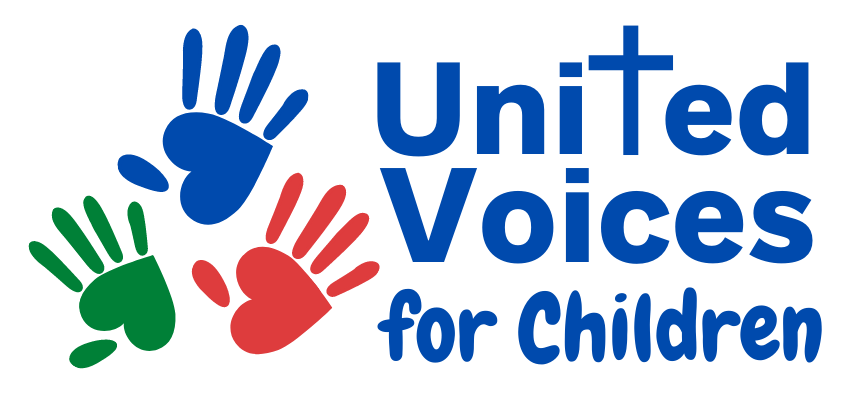What makes an individual psychologically healthy? You may have some difficulty answering this question. As a matter of fact, you will likely have difficulty answering an even broader question, what makes people healthy in general? One of the reasons for this is due to our contemporary conceptualization of health and well-being. Pervasive in both medicine and psychology is the biomedical model. The biomedical model of health does an excellent job at helping us understand disorders, disease, and pathology; however, it falls flat in helping us identify similar measurables for health and well-being.
In fact, the typical indicators for identifying healthy individuals is the absence of pathology and problems. The truth is; however, the absence of problems does not equate health. Just because you’re not depressed, does not mean you are happy and content. Just because you’re not in a highly conflictual relationship, does not mean you’re happily married. Fortunately, the fields of medicine and psychology have been steadily shifting for the past two decades and now more attention is being placed on the other end of the bell curve. Scientists and scholars have worked to identify what makes people happy and healthy and practitioners have supplemented their interventions to help people improve well-being and not just focusing on decreasing symptoms of a problem.
The first step along the path of improving well-being is to identify your core signature strengths. Cross-cultural research has identified 24 character strengths in the areas of wisdom, courage, humanity, justice, temperance, and transcendence. Some examples can include a love for learning, honesty, kindness, leadership, or even hope. By understanding and deliberately utilizing our core strengths on the different life tasks in positive psychology, we can find joy and meaning in life in a way that feels compatible with our personality and who we are. To take a free character strengths test, please visit: www.viacharacter.org.
What are these life tasks in positive psychology? Research in socio-emotional well-being has found five areas that are highly correlated with feeling content with one’s life:
- Positive Emotion
If I were to ask you how satisfied you are with your life right now, your answer would likely be heavily influenced by the mood you’re in. Experiencing positive emotions improves our outlook on life, whether it is positively reflecting on our past or looking towards the future with hope. We need to experience positive feelings. Research in Cognitive Behavioral Therapy has taught us there is an inherent relationship between our thoughts, actions, and mood. Thus, there is truly value in exploring ways to be generous in our interpretation of ourselves and others. If you look for the bad in life, you will find it. However, the same goes for the positive and the reasons for which you are grateful. Training our brains to scan the world for positivity can only help our experience of positive feelings.
- Engagement
Are there activities that you can “lose” yourself in? The idea of “flow” or engagement is that we each have the capacity to engage in activities in which we experience a state of utter, blissful immersion in the present moment. Utilizing our highest strengths to meet our highest challenges can often be a path to engagement. There is a plethora of possibilities, including working, creating something, sports, or even playing some games. These activities suspend our feelings and our sense of time. They bring us to the here and now and make us feel valuable, confident, and productive. Regularly engaging in “flow-like” activities is a path to well-being.
- Relationships
The research is very clear that connection is everything. We are hard-wired to connect with others. Disconnection causes a number of  difficulties for us emotionally, psychologically, and even physically. Therefore, utilizing our core strengths to help us build strong, deep, and vulnerable connections with others where we feel like we are seen and accepted for who we are is the path to happiness. Relationships are complicated, they can be messy. However, the way forward with respect to well-being is always in the company of others.
difficulties for us emotionally, psychologically, and even physically. Therefore, utilizing our core strengths to help us build strong, deep, and vulnerable connections with others where we feel like we are seen and accepted for who we are is the path to happiness. Relationships are complicated, they can be messy. However, the way forward with respect to well-being is always in the company of others.
- Purpose and Meaning
Another facet of well-being as you reflect on your life is your overall sense that your life has meaning and purpose. Research in positive psychology defines this as dedicating our time and resources to something greater than ourselves. Utilizing our core strengths will ensure that we are also engaged in this work.
- Achievement and Accomplishment
For our overall well-being, we need to have hope and confidence in our abilities and capacities. This is best attained by reflecting on our past successes. When we succeed in the past, we are more likely to be encouraged and motivated for future challenges. What is neat about this task is that accomplishment is a bit subjective. What matters is that you are able to look back on your life with a sense of accomplishment and pride.
Utilization of core strengths and progress in these individual tasks are the themes that positive psychologists have found when researching the happiest people around the world. Part of hope of the positive psychology movement is that by learning through tasks early on, we can chart a course for ourselves so that we can also reflect kindly and fondly on our lives as we grow older.
For more information on positive psychology, please visit: https://www.authentichappiness.sas.upenn.edu/
 Louis V. Haynes is a licensed clinical psychologist and the Clinical Director for Counseling Center of the North Shore, a nonprofit community mental health center. To learn more about Dr. Louis V. Haynes, please visit www.ccns.org or reach out to him directly at: lhaynes@ccns.org
Louis V. Haynes is a licensed clinical psychologist and the Clinical Director for Counseling Center of the North Shore, a nonprofit community mental health center. To learn more about Dr. Louis V. Haynes, please visit www.ccns.org or reach out to him directly at: lhaynes@ccns.org
